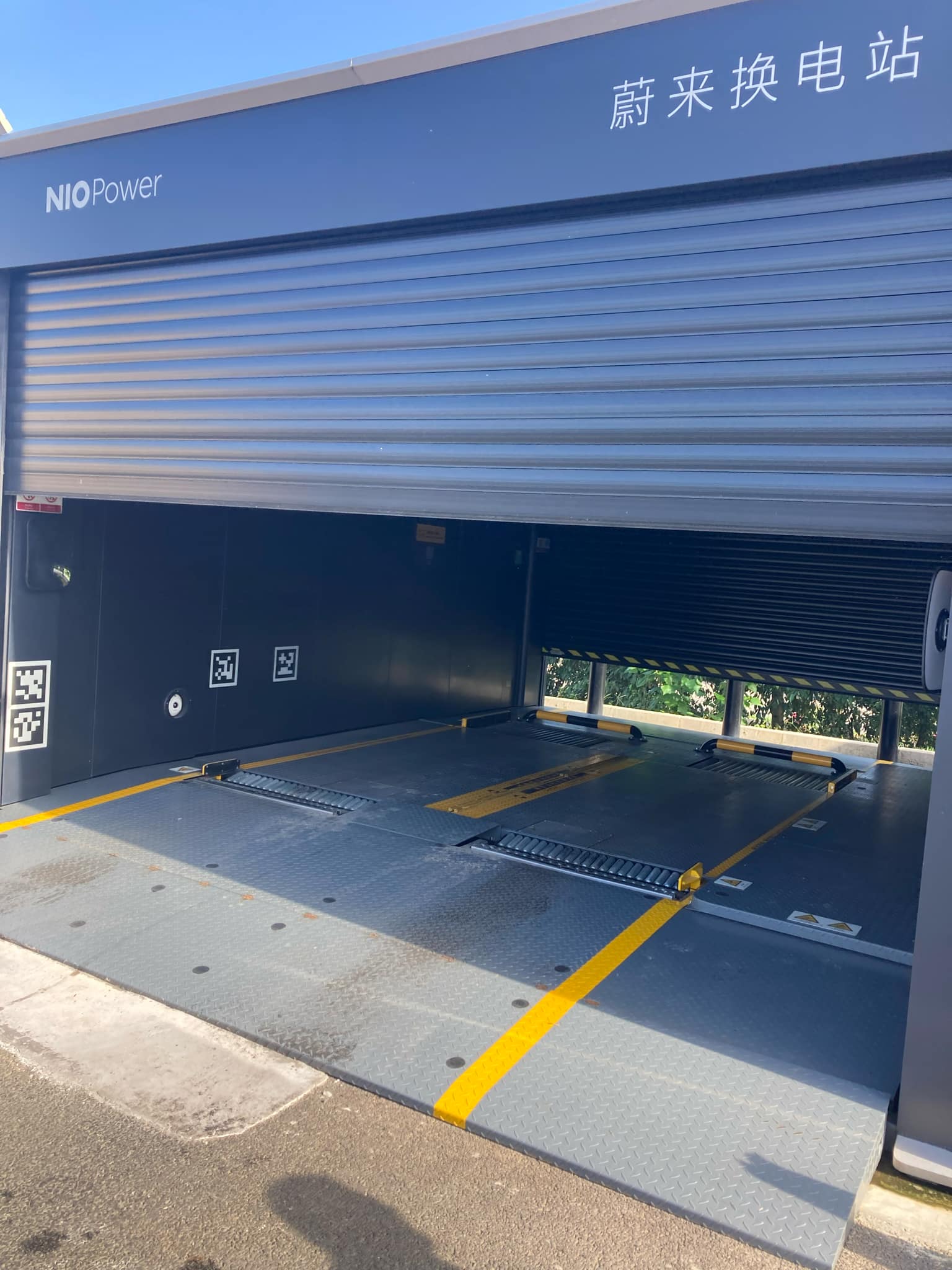New research from Sandvik has indicated a once-in-a-generation opportunity to address the mining industry’s dwindling pipeline of engineering talent and reinvigorate its reputation as a pillar of sustainable socio-economic growth by showcasing how technology developments focused mainly on digitalisation, automation and electrification are helping address sustainability challenges.
The report, ‘The future of mining talent: What STEM graduates really think, and what the industry can do about it’, shows that while awareness of mining is low among young engineers, many are open to joining the sector once they understand its modern realities and its role in tackling global sustainability challenges.
Based on a survey of 824 STEM (science, technology, engineering and mathematics) students and graduates across nine countries, the study found that nearly 40% of respondents are unfamiliar with mining, and a similar proportion cite this as a reason for not considering it as a career. Safety and environmental concerns were the most common deterrents to a career path in mining, followed by this lack of knowledge.
Yet the same survey shows a major opportunity for change: more than 90% said they would be more likely to consider mining if convinced that it contributes meaningfully to addressing climate change.
“The findings highlight a huge untapped opportunity for our industry,” Stefan Widing, President and CEO of Sandvik, said. “When young engineers understand that mining today is about digitalisation, automation and electrification – not just extraction – they see a sector where they can apply their skills to solving some of the world’s most important challenges.”
With almost half the US mining workforce expected to retire by 2029, a shortfall of 8,000 skilled professionals expected within the next year in Australia, only 5% of the current mining workforce in Canada under the age of 25, and engineering enrollments declining at universities globally, the report calls for greater collaboration between companies, academia and policymakers to rebuild the talent pipeline.
It added: “New skills, particularly in digital systems, automation and sustainability are essential to modern mines. Addressing this shortage and sustaining global minerals and metals production therefore demands a stronger flow of graduates and a redefinition of what engineering in mining actually means.”
“Mining offers the engineering challenge of a lifetime,” Mats Eriksson, President, Mining at Sandvik, said. “The transition to a low-carbon future will be powered by minerals, but it will be led by the next generation of minds bold enough to transform how we mine.”



